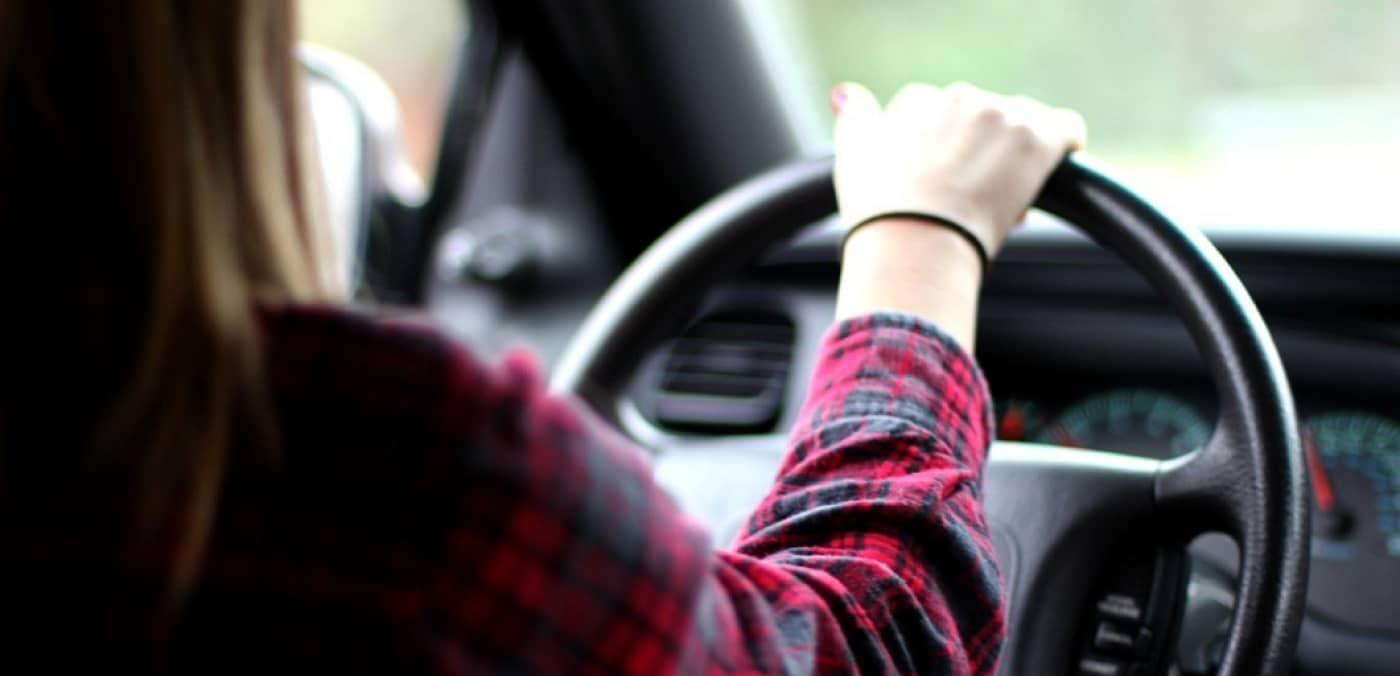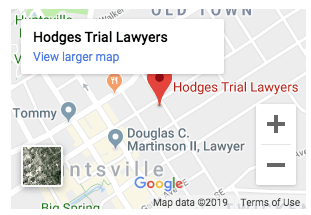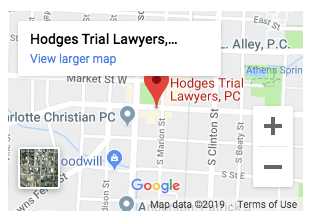Vehicle safety has changed dramatically over the years. Some of the safety features we have now would be unimaginable to someone from 10 or 15 years ago. Backup cameras, sensors that tell you when someone is behind you or in your blind spot, and cameras that sense lane markings and keep you in place have done their part in reducing collisions. And yet, in many parts of the country, car accidents continue to increase.
What role does human error play in car crashes? Find out how our own driving habits make the road less safe, and if you’ve been injured in a crash, call Hodges Trial Lawyers at 256-826-4129 to set up a consultation now.
Human Error is a Major Cause of Crashes
When you look at crash reports and collision data from across the country, you’ll see the same term over and over: failure to yield. Unsafe turn. Failure to heed traffic signals. Speeding. All of these terms have one thing in common: they are the result of human error.
Statistics vary across agencies, but they all report that human mistakes cause the vast majority of crashes. The U.S. Office of Motor Vehicle Management claims that 98% of collisions are caused by a mistake or error in judgment.
The NHTSA did an in-depth study that looked at over two million collisions. Their research found that the critical event in 94% of collisions was traced back to the driver. This means that many other factors may have been present, but the final factor leading to the crash was a driver’s mistake. The fault was attributed to the car in 2% of crashes and to the environment in 2% of collisions.
What Mistakes Lead to Crashes?
The research conducted by the NHTSA dives further into the critical events that led to crashes across the country. Among the 94% of collisions caused by drivers, they break down the causes into further categories:
- Recognition errors: This includes mistakes like being distracted, not looking at your surroundings enough, and being cognizant of obstacles on the road.
- Decision errors: In this category, you’ll find driving too fast for conditions, misinterpreting other drivers’ actions, executing illegal driving maneuvers, and miscalculating others’ speed.
- Performance errors: Performance errors include turning too hard to avoid an obstacle and overcompensating, maintaining poor physical control of the car, and failing to turn safely.
- Non-performance errors: Non-performance errors are those in which a driver completely fails to drive on the road—the most common non-performance error is falling asleep at the wheel.
In this study, 41% of driver-caused crashes were the result of a recognition error, 33% occurred because of a decision error, 11% were caused by a performance error, and 7% were caused by a non-performance error.
How to Fight Back Against This Issue
There’s a lot being done to decrease the number of crashes caused by human error. Autonomous vehicles are a big part of this—by reducing the number of decisions drivers have to make, autonomous vehicles can theoretically reduce driver-caused collisions. However, there is a lot of work left to be done in this area, and even the best self-driving cars are still just in the testing stages.
Driver support features in vehicles are another component. Features that track drivers’ eye movements, require them to keep their hands on the wheel, and let them know when they are drifting out of their lane can all decrease driver errors.
In many cases, simply knowing that human error is a big factor in collisions is enough. When drivers know that they are capable of making serious mistakes, they are more likely to put extra care and attention into their driving. Drivers should avoid becoming complacent, because complacency leads to unsafe driving habits like texting and driving, driving with one hand on the wheel, and speeding.
Turn to Hodges Trial Lawyers for Help with Your Accident Claim
Have you been injured in a car crash? It’s time to find out if you are owed compensation. The team at Hodges Trial Lawyers is here to learn more about your accident, discuss your legal options, and help you come up with a plan. Give us a call at 256-826-4129 or reach out online to schedule your consultation now.



